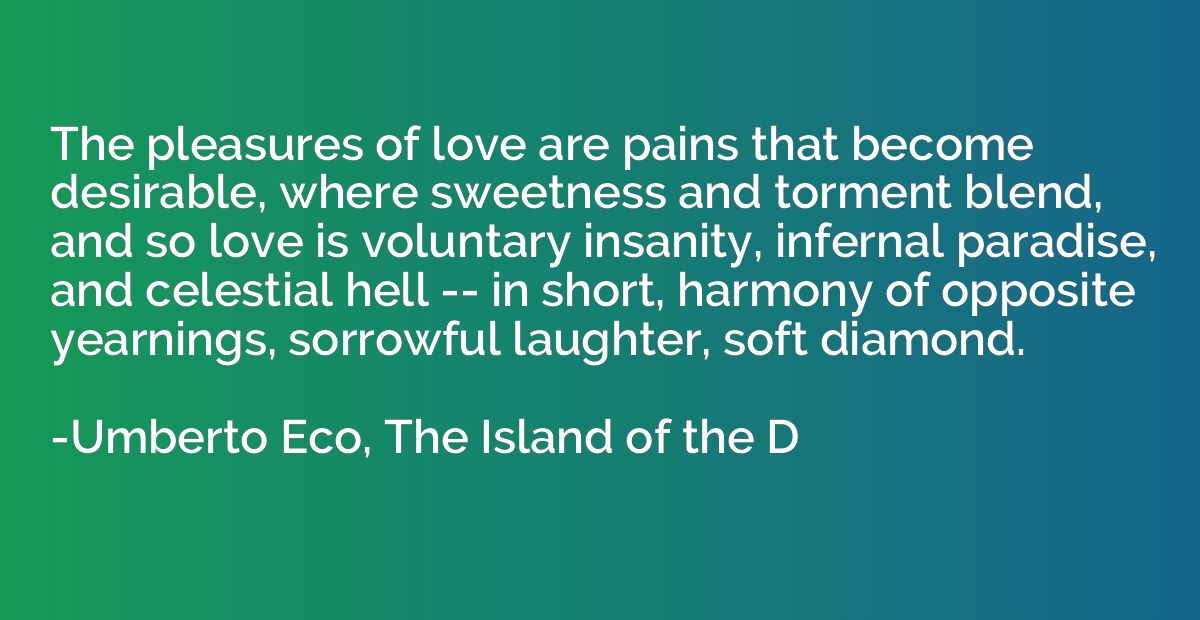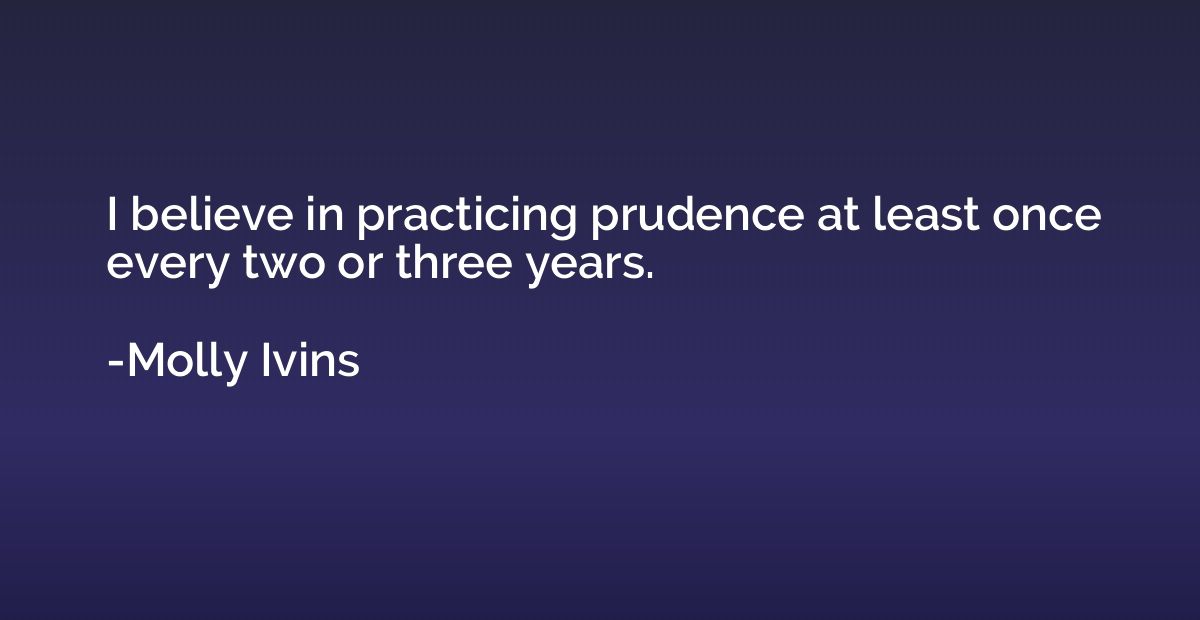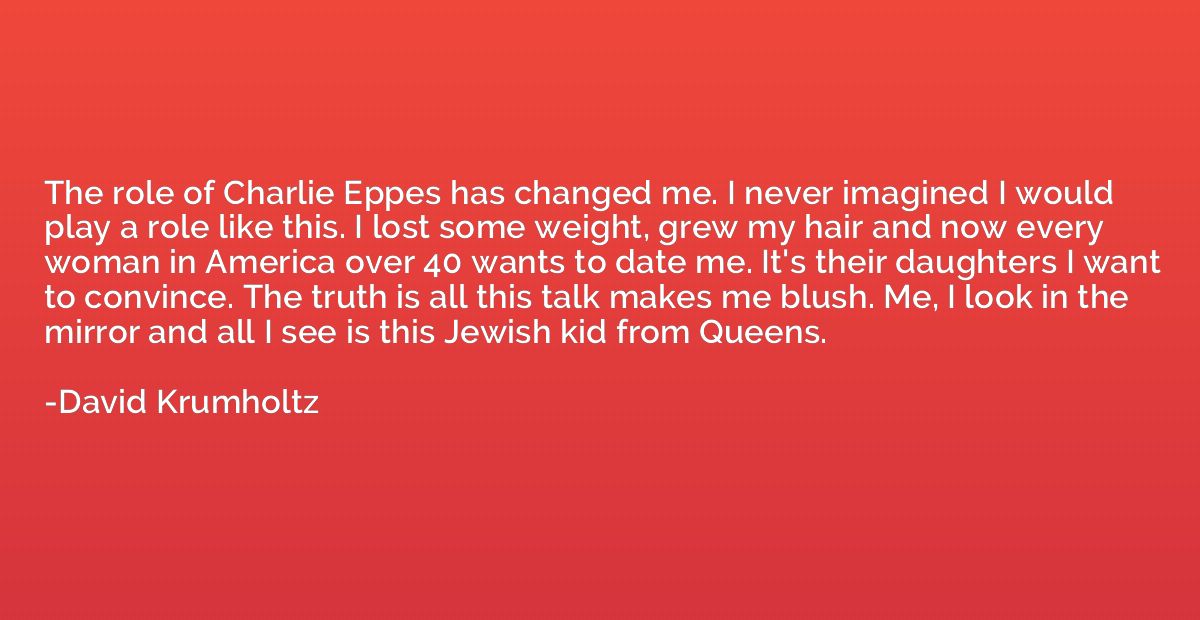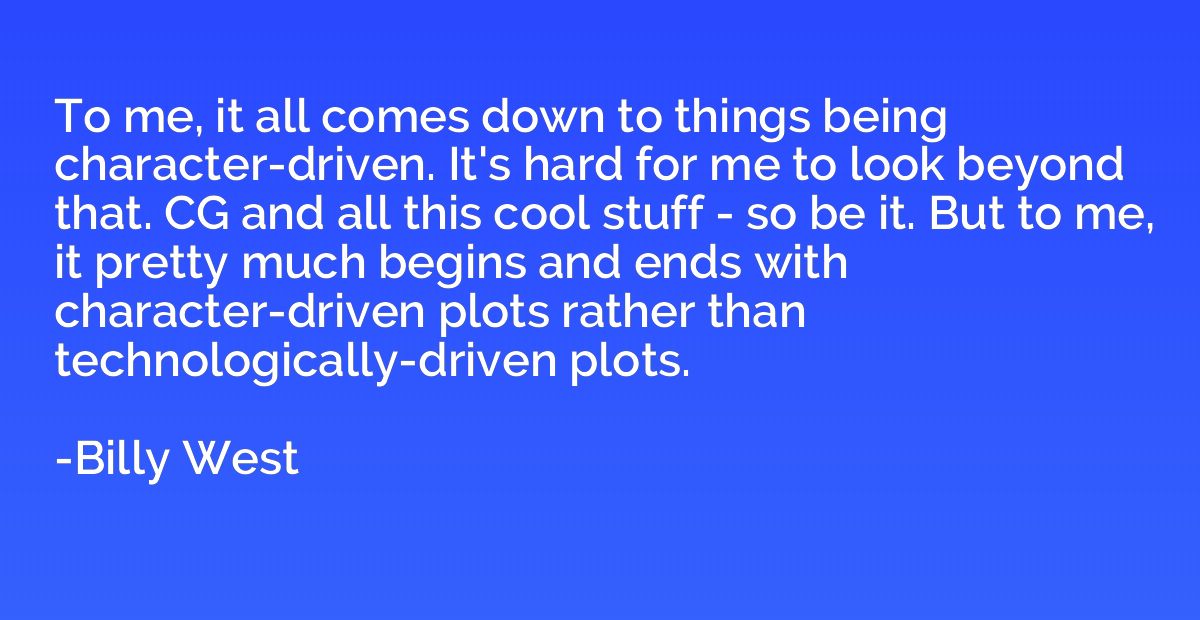Quote by Umberto Eco, The Island of the D
The pleasures of love are pains that become desirable, where sweetness and torment blend, and so love is voluntary insanity, infernal paradise, and celestial hell -- in short, harmony of opposite yearnings, sorrowful laughter, soft diamond.

Summary
This quote is exploring the complex nature of love and highlighting its paradoxical qualities. It suggests that the pleasures of love can often involve experiencing both pain and desire simultaneously. Love is characterized as voluntary insanity because people willingly succumb to its unpredictable and intense emotions. It is also described as an infernal paradise and celestial hell, emphasizing the extreme highs and lows that love can bring. The phrase "harmony of opposite yearnings" portrays love's ability to combine conflicting desires, while "sorrowful laughter" and "soft diamond" conjure the bittersweet and precious nature of love's experiences.














